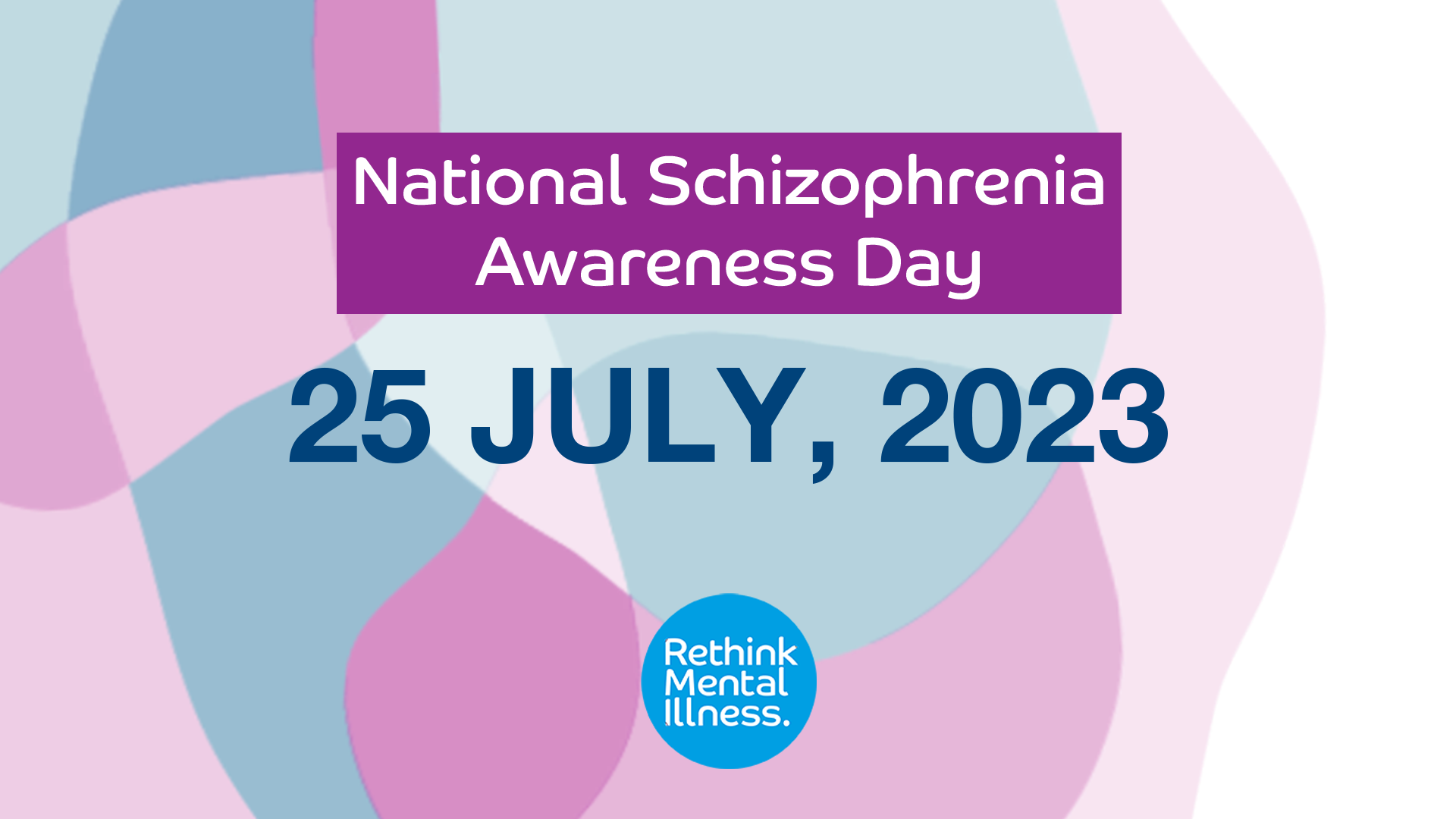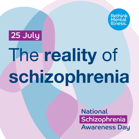National Schizophrenia Awareness Day
The reality of schizophrenia
One in 100 people will experience schizophrenia. Despite being so common, the stigma surrounding schizophrenia remains stubbornly high due to a lack of understanding.
Schizophrenia is a very complex condition that can affect how a person thinks, feels, and experiences the world around them. While the word is made up of schizo (to split) and phrene (the mind), schizophrenia does not mean split personality.
People with a diagnosis of schizophrenia can often experience very different symptoms, including:
- Audio hallucinations (hearing voices)
- Delusions
- Disorganised thinking
- Changes in body language or emotions
Find out more about schizophrenia.
Donate today
Living with schizophrenia
Can people recover?
When we talk about recovery, we mean regaining a good quality of life rather than 'being cured'.
For some people, schizophrenia will be a life-long condition that will need day-to-day management. This can be a combination of medication, talking therapies (such as CBT or actively engaging with hallucinations) and a good support network.
Approximately one in four-to-five people with schizophrenia will recover completely and go on to live independently without further episodes.
Learn more about schizophrenia
-
What is schizophrenia?
A lot of people live full and happy lives with this mental illness but the condition is still very stigmatised and misunderstood.
Watch for more Watch for more -
Caring for someone with schizophrenia
Trina cares for her son, Mark, who lives with schizophrenia. Together, they run our Braintree Art Group which supports people severely affected by mental illness and their carers.
Watch their story Watch their story









